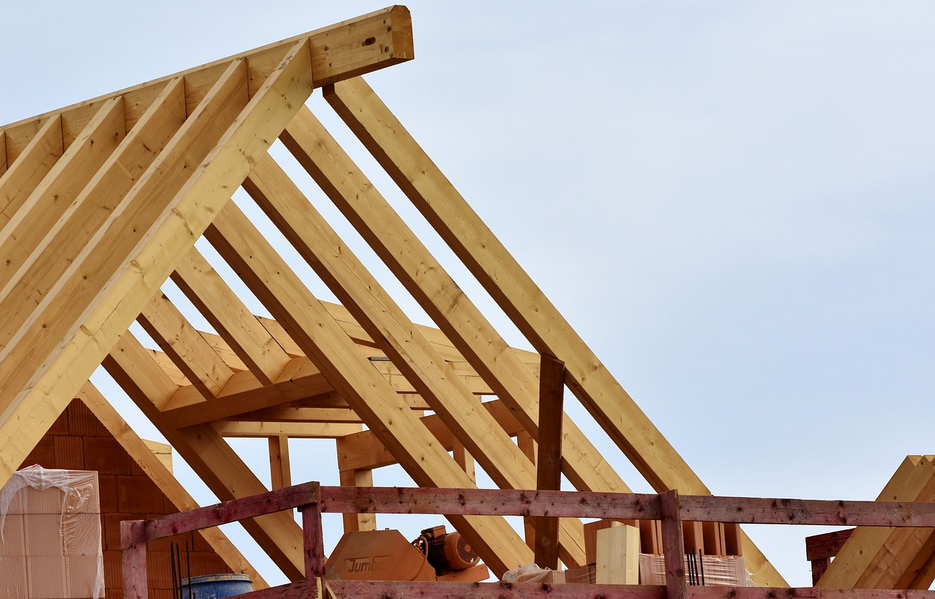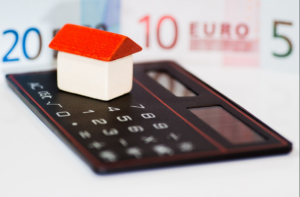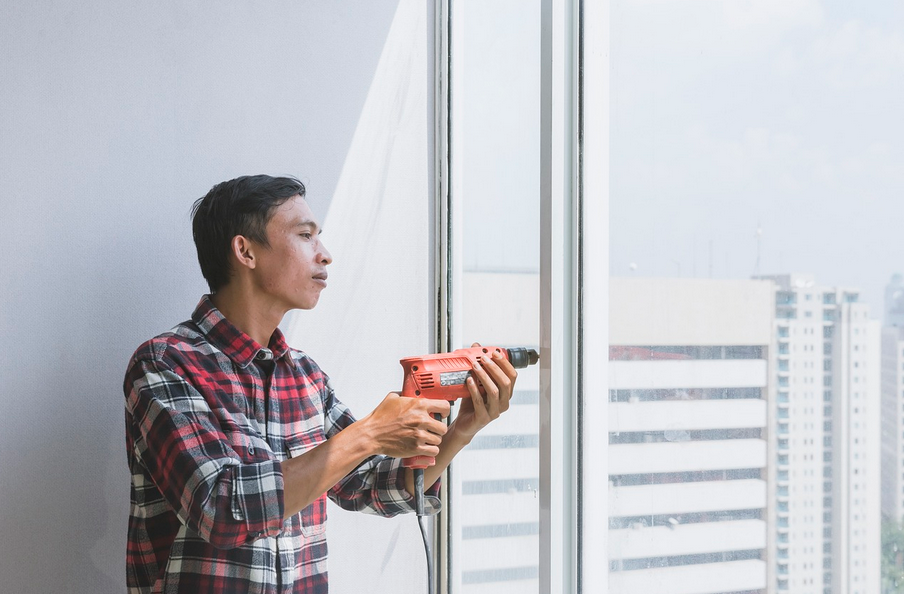
Owning a home brings immense joy and pride, but it also comes with the responsibility of maintaining and repairing various aspects of your property. Budgeting for home repairs is essential to ensure that you can address any unforeseen issues promptly and without financial stress. So before you consider selling a fire damaged house, look at the alternatives available. In this article, we will provide you with a practical guide on the best way to budget for home repairs, enabling you to plan for the upkeep of your most valuable asset efficiently.
Assess Your Home’s Condition

The first step in budgeting for home repairs is to assess your home’s current condition. Take note of any immediate repairs that require attention, such as a leaky roof, faulty plumbing, or outdated electrical systems. Conduct a thorough inspection of your property, both inside and outside, to identify potential areas that may need repair or replacement shortly. This assessment will help you prioritize repairs and allocate your budget accordingly.
Research and Estimate Costs
Once you have identified the repairs and maintenance tasks needed, research the average costs associated with each item. Speak with contractors, get multiple quotes, and gather information from reliable sources to estimate the expenses accurately. It’s essential to consider both material and labor costs, as well as any additional fees or permits required.
Create a Home Repair Budget
 Based on your assessment and cost estimates, create a dedicated home repair budget. Determine how much you can comfortably allocate toward home repairs and renovations each month or year. Consider setting aside a separate emergency fund specifically for unexpected repairs that may arise. Be realistic about your financial capabilities and avoid stretching your budget too thin, as this can lead to unnecessary stress and financial strain.
Based on your assessment and cost estimates, create a dedicated home repair budget. Determine how much you can comfortably allocate toward home repairs and renovations each month or year. Consider setting aside a separate emergency fund specifically for unexpected repairs that may arise. Be realistic about your financial capabilities and avoid stretching your budget too thin, as this can lead to unnecessary stress and financial strain.
Prioritize Repairs
Not all repairs are of equal urgency or importance. Prioritize the repairs based on their significance and immediate need. Address critical repairs that affect safety, security, or habitability first. By prioritizing repairs, you can ensure that your budget is allocated efficiently, preventing the delay of crucial repairs and avoiding more costly damage in the long run.
Seek Professional Advice
If you’re unsure about the scope of repairs or their associated costs, it’s advisable to seek professional advice. Consult with experienced contractors, home inspectors, or industry experts who can guide you in identifying potential issues and estimating repair costs accurately. Their expertise can help you make informed decisions and avoid surprises that may strain your budget.
Conduct Regular Maintenance

In addition to budgeting for repairs, it’s crucial to allocate funds for regular maintenance and preventive measures. Ongoing maintenance, such as cleaning gutters, servicing HVAC systems, and inspecting foundations, can help identify issues early on and prevent costly repairs down the line. Set aside a portion of your repair budget for routine maintenance, allowing you to address minor issues before they become major problems proactively.
Budgeting for home repairs is an essential part of maintaining and preserving the value of your property. By assessing your home’s condition, researching and estimating costs, creating a dedicated budget, prioritizing repairs, seeking professional advice, and allocating funds for regular maintenance, you can effectively plan for home repairs and minimize financial stress.
